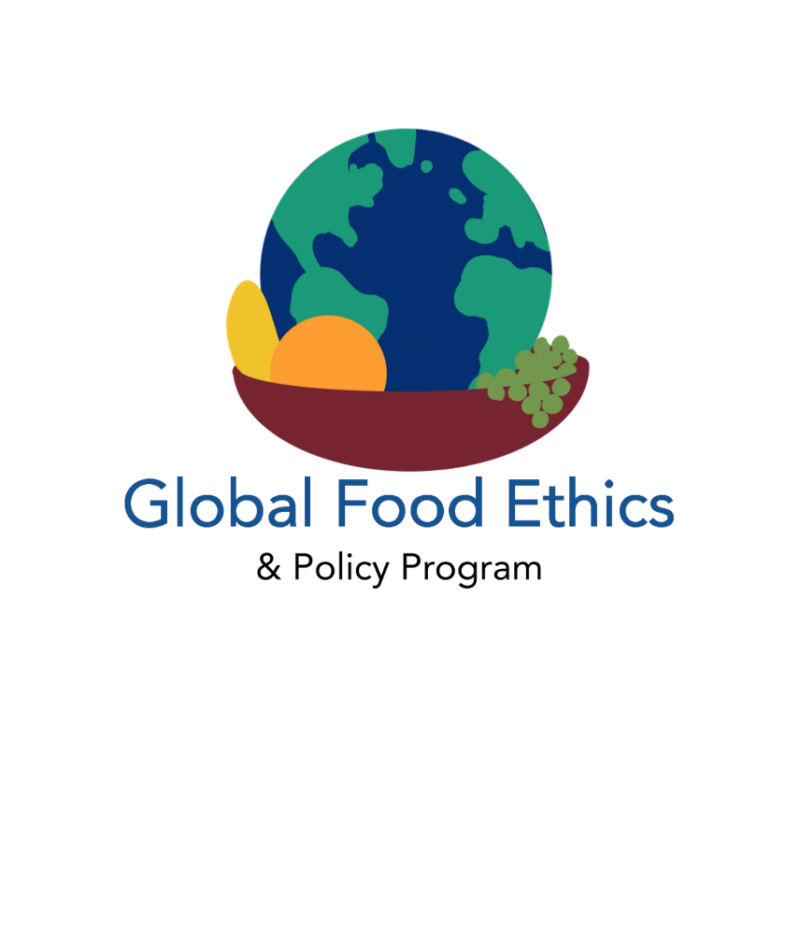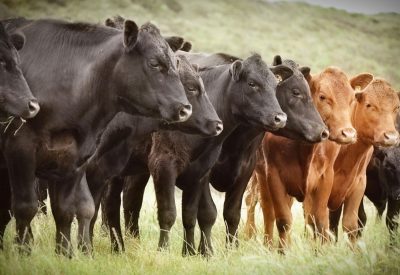GFEPP serves to deepen Johns Hopkins research collaborations and partnerships, works on vexing food ethics and policy challenges, and connects scholars and scientists to the societal players who are shaping the global food system. We focus on bringing about a more equitable, ethical, and sustainable global food system.
About GFEPP
The Global Food Ethics and Policy Program (GFEPP), established in 2015, worked across three pillars to carry out its goals:

813 million
people go to bed hungry each day
2.2 billion
people are overweight and obese
30 percent
of greenhouse gas emissions are from food systems
The Global Challenge
The burden of chronic, costly diseases such as diabetes and hypertension
The consequences of climate change and natural resources degration
The massive economic and social inequities that exist within and among nations
Current Projects

People-Centered Food Systems: Fostering Human Rights-Based Approaches
Supporting the right-holders and duty bearers in four low-income countries to better protect the rights of rural and peri-urban food actors living in Cambodia, Ethiopia, Honduras, and Uganda and to help improve their food security and well-being, through a more effective implementation of the rights-related instruments.

Food Flows Projects
Building and contributing to an evidence base that informs action on alleviating food insecurity and building environmentally sustainable food environments of vulnerable populations

Beef Choices and Ethics Tool
An aid for ethically assessing policies and interventions intended to reduce beef consumption in the United States, it can be used to assess a wide range of policies and interventions, including: governmental laws, public policies and regulations; institutional policies and programs; and initiatives by non-profit organizations.